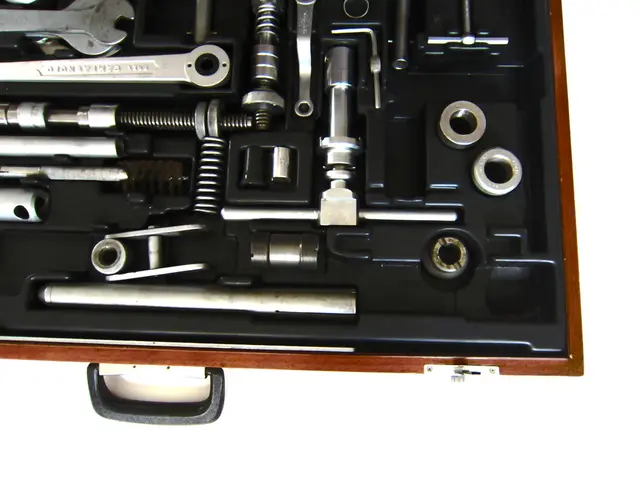SoftBank Backs Sceye's Stratospheric Vehicle Plans as HAPS Race Heats Up
Japanese internet giant SoftBank is backing Sceye's plans for commercial stratospheric vehicle pilots in Japan. Meanwhile, companies like Aalto and Aerostar are making strides in High Altitude Pseudo-Satellite (HAPS) technology, with Aalto preparing a commercial demonstration over Japan in 2026.
HAPS, also known as stratospheric pseudo-satellites, are gaining traction due to advancements in energy storage, lightweight materials, and station-keeping systems. These vehicles can provide direct-to-device connectivity and other commercial use cases. Aalto, backed by Airbus, has set records with its solar-powered Zephyr platform, achieving a 67-day flight in 2022. The company is now seeking external partners to develop new payloads for the stratosphere market.
Sceye, with SoftBank's investment, plans a commercial pilot in 2023 to provide mobile broadband over Japan using a solar-powered, helium-filled airship. Thales Alenia Space is also positioning itself in the HAPS market with its Stratobus concept, aiming to deliver persistent surveillance, disaster monitoring, and sovereign communications. Despite these advancements, scaling up production and navigating regulatory frameworks remain significant challenges for HAPS commercialization.
Governments, including Japan and France, are promoting HAPS for disaster resilience, emergency communications, and defense strategies. With increasing demand from both governments and industry, HAPS are expected to play a significant role in the future of high-altitude platform stations.







